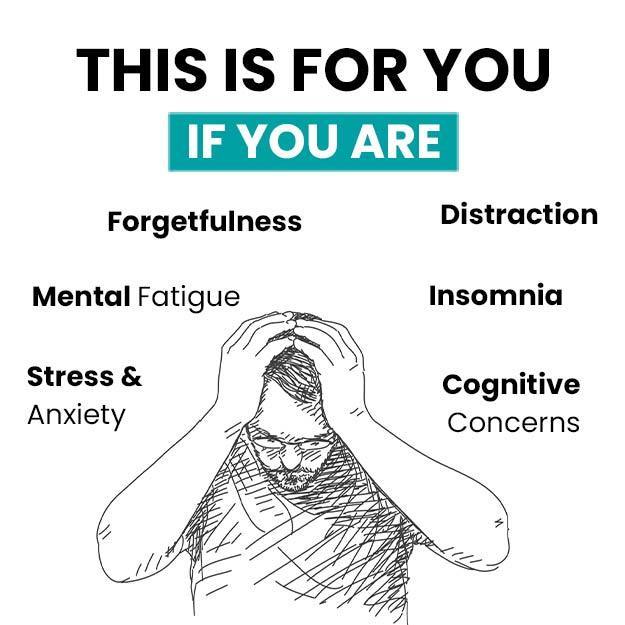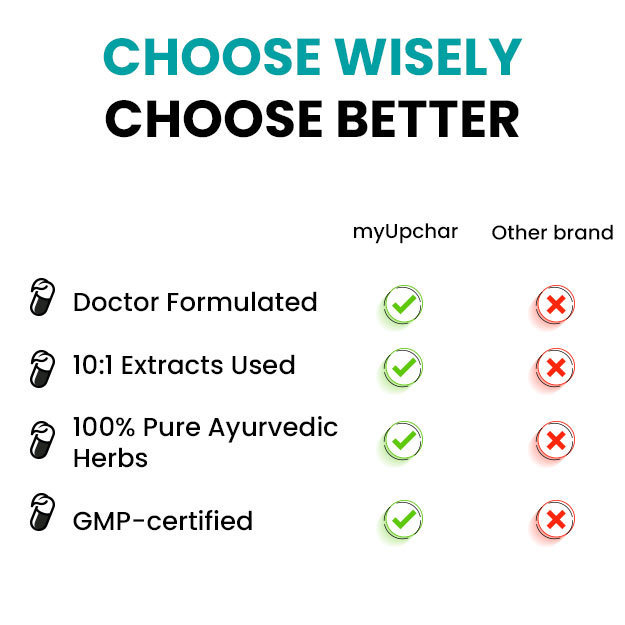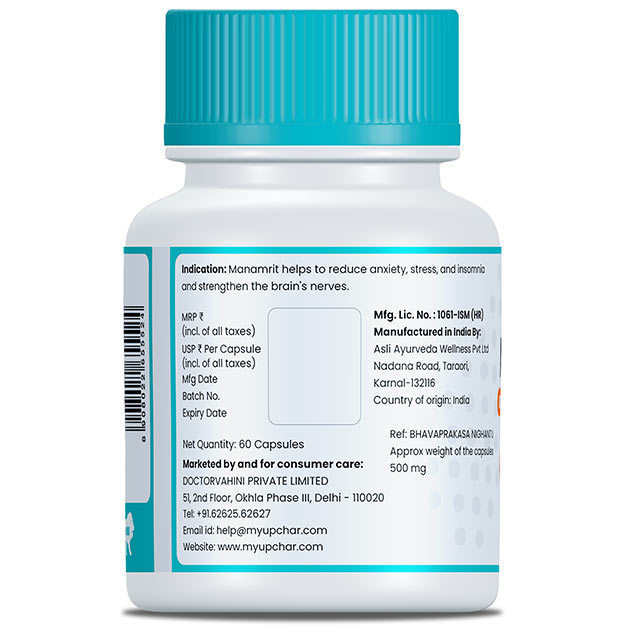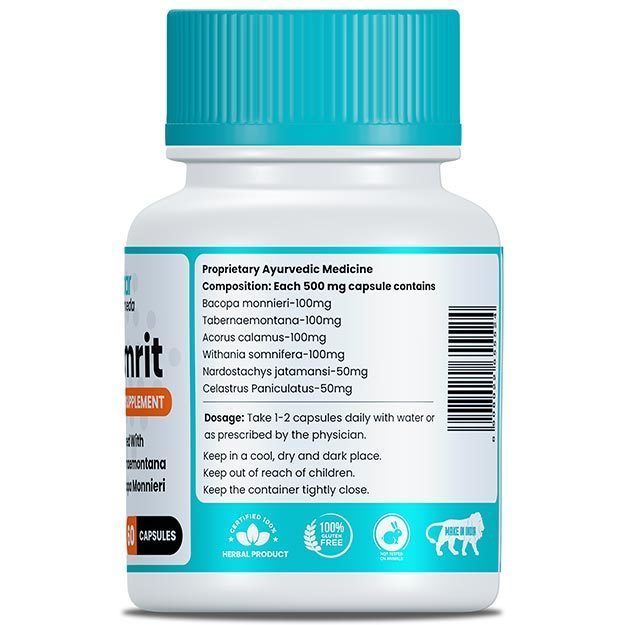Being diagnosed with a chronic disease - whether it’s diabetes, high blood pressure, arthritis, cancer, HIV/AIDS, chronic respiratory illnesses like chronic obstructive pulmonary disease, heart disease or any other disease that requires lifelong management - can come as a shock.
The patient now has to restructure his or her entire life to manage the symptoms of the disease, because chronic diseases last a lifetime and can never be completely cured. You can have periods of remission, but to get there, you have to regulate your diet, lifestyle habits, sleep and exercise.
This change in the quality of their life can have a depressive effect on many patients. Increasingly, patients with a chronic disease are also showing symptoms of depression, because no matter what the disease is, it can take away any individual’s sense of independence and self-efficacy. According to the Cleveland Clinic, Ohio, US, one-third of people with a chronic illness also suffer from depression.
It can be very difficult to diagnose signs of depression in a person who is suffering from a chronic medical illness. Loved ones and the patients themselves might confuse symptoms of depression with the symptoms of the chronic disease because there are a number of overlaps between the two. Yet, early diagnosis of depression can help the patient cope with both the chronic disease and depression better and at the same time.
A positive mental outlook, though difficult to achieve when you have a chronic illness, can help you accept the changes you must make to battle the chronic disease and improve your overall quality of life too. This journey, however, should not and cannot be taken in isolation, so it’s very important for spouses or partners, family members, friends, and even older children to get involved in the process. Here’s everything you need to know about chronic disease and depression.


























